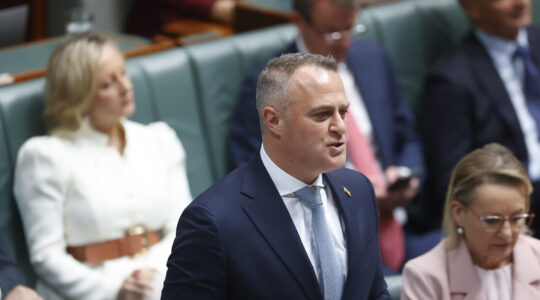The Age Pension means test will be used to determine how much elderly Australians will need to contribute to their aged care costs under a new $5.6 billion reform package announced today.
The Federal Government reached agreement with the Coalition to pass the new Aged Care Act, which will come into effect on July 1 next year.
Prime Minister Anthony Albanese said the reforms would ensure the viability and quality of aged care.
Prime Minister Albanese said around 1.4 million Australians would benefit from a new Support at Home program by 2035, which would help people remain in their homes for longer.
“$5.6 billion will be invested in a reform package which represents the greatest improvement to aged care in 30 years,” he said.
Prime Minister Albanese said major changes included:
- A $4.3 billion investment in Support at Home, to come into effect on July 1, 2025.
- Essential changes to improve the funding, viability, and quality of residential aged care with a “no worse off” principle to provide certainty to people already in aged care and no change in treatment of the family home.
- New laws to protect older Australians in aged care, with stronger powers to investigate bad behaviour and civil penalties for breaching standards.
He said the net impact of the changes was a $930 million spend over four years and a $12.6 billion saving over the next 11 years.
Prime Minister Albanese said the Support at Home would provide support for:
- Clinical care (e.g. nursing care, occupational therapy).
- Independence (e.g. help with showering, getting dressed or taking medications).
- Everyday living (e.g. cleaning, gardening, shopping or meal preparation)
He said the Government would pay 100 percent of clinical care services, with individual contributions going towards independence and everyday living costs.
“How much someone contributes will be based on the Age Pension means test and highly dependent on their personal circumstances, from the level of support they are assessed to need, to their combination of income and assets.
“A lifetime contribution cap will apply across the aged care system and means no one will contribute more than $130,000 to their non-clinical care costs – whatever their means or duration of care – with every Support at Home contribution counted towards the cap.”








